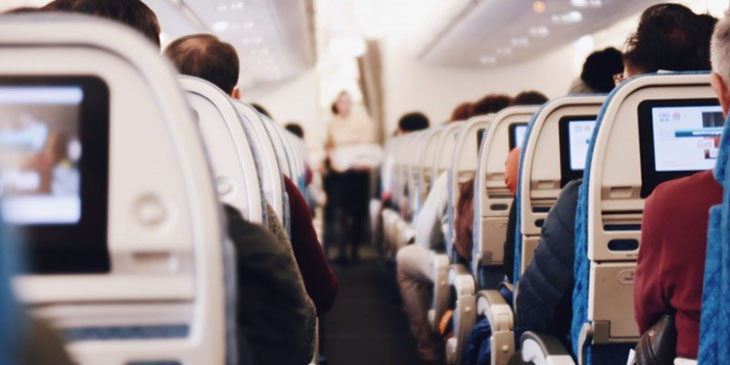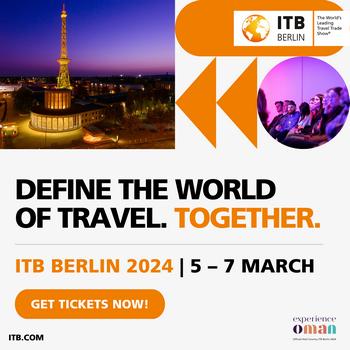The three things that drive travellers crazy

The top desires of air travellers are more efficient queueing at boarding gates (64%), the availability of overhead space (42%), and not having to queue on the air bridge (33%), according to Iata’s 2018 Global Passenger survey.
While airport security/border control and boarding processes were identified as the biggest frustrations for travellers. The top traveller frustrations are: the intrusiveness of having to remove personal items (57%), the removal of laptops/large electronic items from cabin bags (48%), and the lack of consistency in screening procedures at different airports (41%).
Other findings from the survey show that air travellers also want new technology that can provide them with control and information, and improve their overall efficiency when travelling. But, when things go wrong, the human touch is still desired.
Information in real time
Travellers want information throughout their journey, in real time, preferably through their personal devices. The survey found that travellers’ top three priorities after booking a flight were: receiving information on flight status (82%), baggage (49%), and waiting time at security/immigration (46%). While 56% of travellers said that real-time baggage tracking was a must throughout the journey.
73% of travellers said they preferred to receive this information via SMS or through an app on their smartphones, with the statement from Iata saying that, since 2016, the number of travellers preferring to receive travel information via a smartphone app has increased by 10%.
Digitisation and privacy concerns
Just under half (45%) of travellers surveyed are willing to replace their passports with biometric identification, while 65% are willing to share their personal data for expedited security.
Iata’s One ID project hopes to provide travellers with a single, biometric travel token (fingerprint, face, or iris), but concerns over data protection still need to be addressed.
“As we move more and more towards digital processes, travellers need to be confident that their personal data is safe. Iata is working to establish a trust framework that ensures secure data sharing, legal compliance and privacy,” said Nick Careen, Iata’s senior vice president for airport, passenger, cargo and security.
The human touch in a digitised world
According to the survey, travellers want more self-service options. 84% of travellers prefer automated check-in, with most preferring to check in online using a smartphone. Only 16% of respondents said they preferred traditional check-in.
Only a third of travellers want an agent to tag their bag, with 70% wanting self-service baggage check-in. The electronic bag tag is now favoured by 39% of travellers, an increase of eight percentage points from 2017.
The human touch is still preferred by some travellers, however, and in certain situations. Senior travellers (65 years and older), have a stronger preference for traditional check-in (25% compared with the global 16%), and bag-drop processes (42% compared with the global 32%).
During travel disruptions 40% of travellers, from all age groups, want to resolve the situation over the phone, and 37% want face-to-face interaction.
source: T&M





